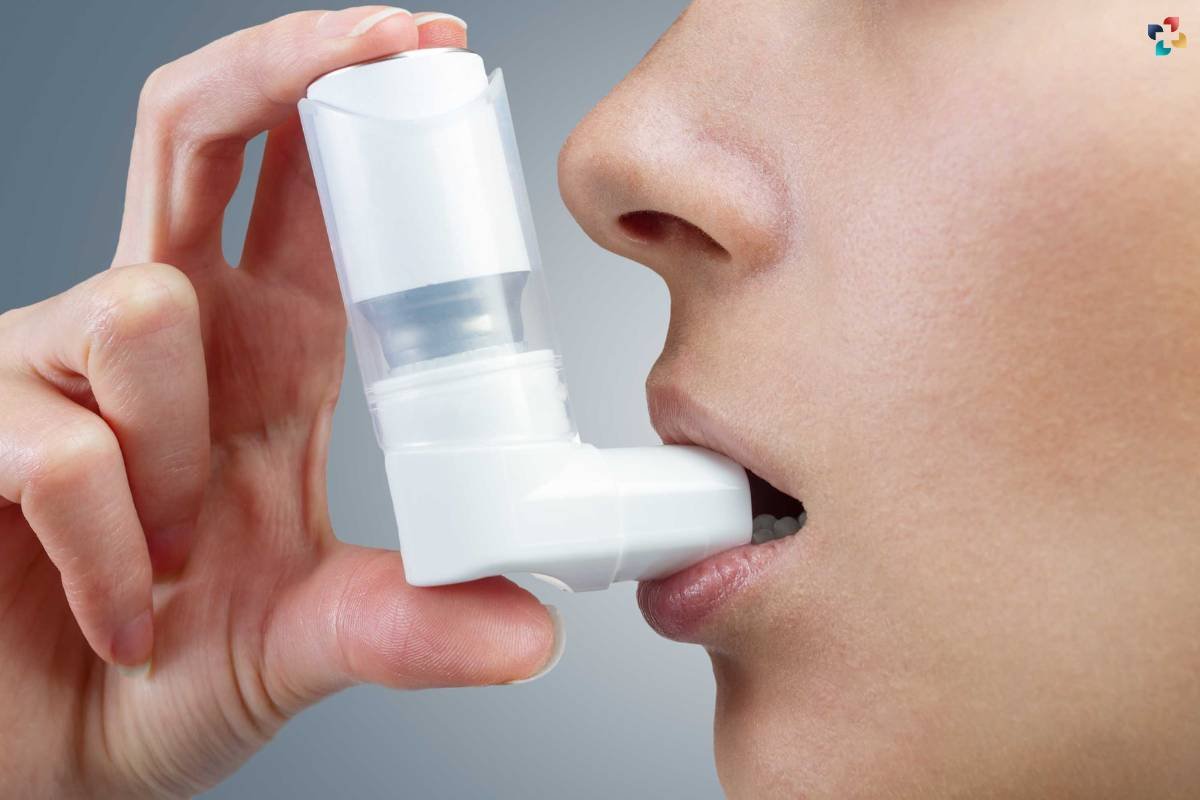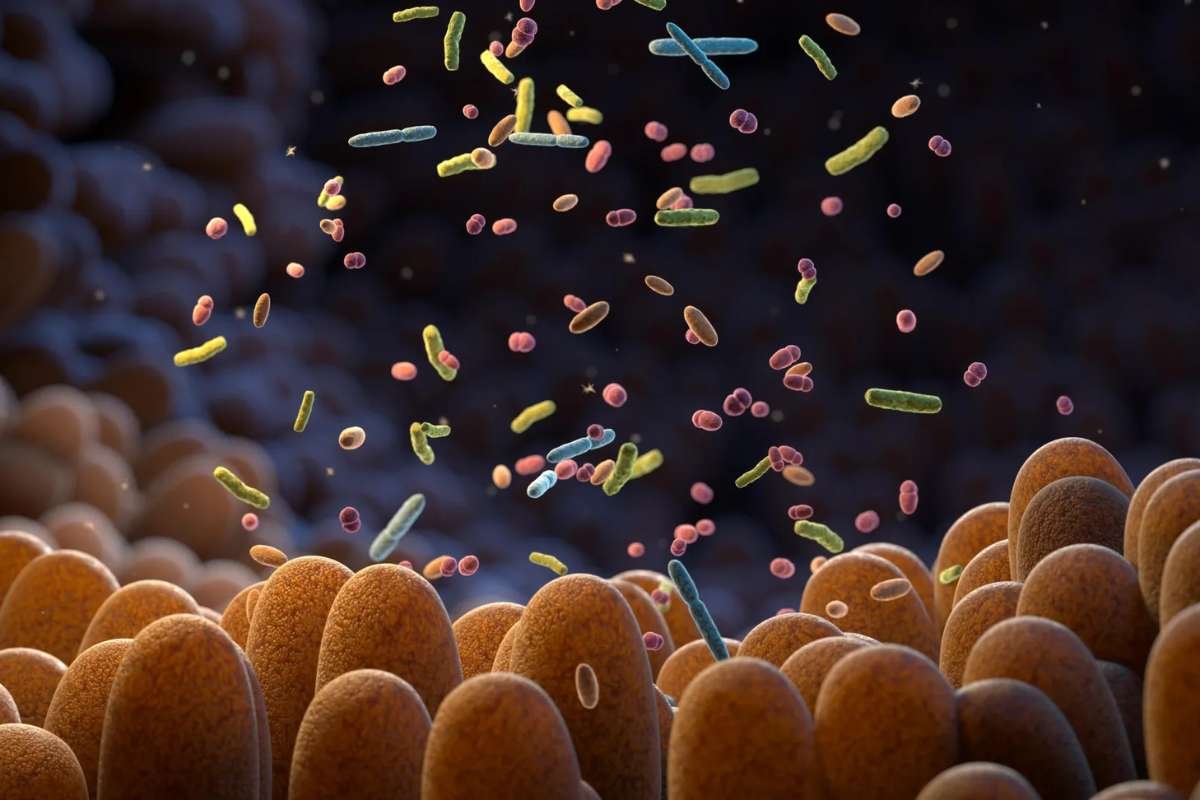Have you ever taken Sago-sized tablets for small diseases like Viral Fever, Skin Infection, Constipation, etc.?
Homeopathy medicines are ready to cure any severe disease with minimal side effects. It is based on the belief that our body can cure itself. Homeopathy medicines involve small content of plants and minerals which helps to stimulate the healing process. In this article, you will read about the basics of homeopathy, its side effects, and diseases that homeopathy can cure.
What is Homeopathy?
Being different from other conventional medicinal practices, homeopathy is treated as an alternate medicine. It has its origin in the 1790s in Germany where a doctor named Samuel Hahnemann developed ideas related to it. According to him, a substance that causes symptoms can also help to discard them.
Homeopathy works on another principle called succussion in which the more substance gets diluted, the greater power it has to cure the disease. Most homeopathy medicines comprise a substance that has been diluted in the water several times. In this way, homeopathy can treat a wide range of medical conditions from asthma to psychological disorders like depression.
Treat Several Diseases
As mentioned earlier, homeopathy remedies can cure any critical condition; many doctors ask for the family background to treat patients properly. It helps doctors to uproot the main cause of the disease. These remedies can treat the following cases:

- Asthma
- Arthritis
- Psychological cases such as depression, stress, and anxiety
- High fever
- Ear infections
- High blood pressure
- Any kind of allergies
- Skin Infections
Some homeopathy practitioners claim that they can cure malaria, typhoid, dengue, etc. however, there is no specific evidence available for it. Still, homeopathy medicines can prevent you from causing infection of such severe diseases. Some of them may help to cure childhood critical conditions like diarrhea, chronic fatigue, upper respiratory tract functions, etc.
Some studies show there may be some role of homeopathy medicines in recovering mental and physical condition after going through chemotherapies, etc. They may help to improve the quality of life and make the patients feel better. However, it is not recommended that you can treat life-threatening diseases only with the help of homeopathy. You have to take the help of other medicines as well during such critical conditions.
Possibility of Side Effects
Homeopathy Medicines are considered to be safe and well tolerated except for small side effects like rashes on the skin. Some people have experienced its severity at the beginning of the treatment. Many physicians recommend remedies based on homeopathy for severe diseases as mentioned above, however, after proper guidance from a homeopath or any certified pharmaceutical company. There is a risk of homeopathic medicines that interfere with the action of other medicines.
No Scientific Evidence Available
There have been several studies conducted to achieve scientific evidence on the effectiveness of homeopathy. According to the research of ‘The House of Commons Science and Technology Committee,’ there is no proof that homeopathy can be effective as a treatment for any health condition. Furthermore, no evidence diluting and shaking certain substances in water can change their content into medicines.
Also, there is no evidence that certain symptoms in our body can also help to cure the same symptom. Therefore, homeopathic ideas are not acceptable worldwide by mainstream science. They do not undergo the long-accepted physiological principles.
Similar to Over-the-Counter Drugs
In 1938, the U.S. Congress passed a law in which the USA government mentioned that homeopathy medicines will be regulated under Food and Drug Administration (FDA) department in the same way as OTC (Over-the-Counter) drugs. It means it is possible to buy homeopathic medicines without a doctor’s prescription.

Furthermore, homeopathic medicines do not have to undergo medical trials, unlike conventional prescription drugs. Conventional medicines have to bear the testing and safety review process of the FDA before they are launched in the market. They have to qualify for legal standards regarding quality, strength, purity, packaging, etc.
The guidelines elucidated for homeopathic medicines are mentioned in the Homeopathic Pharmacopoeia of the United States. It is written by homeopathic experts and representatives of a nongovernmental, nonprofit organization of industry. Pharmacopoeia mentioned provisions about testing upcoming remedies and verifying their clinical effectiveness. Although there are no diploma or certificate programs, there are homeopathic schools and training programs available that provide a license to practice and verify clinical effectiveness.
Some homeopaths are Medical Doctors (MDs) and they are licensed in every health condition category. If a person providing homeopathic health services is a licensed health professional then insurance companies are more likely to cover homeopathic treatments.
How Does Homeopathy Work?
Homeopathic medicines consist of basic ingredients for example herbs, minerals, or animal products. These substances are first dissolved or crushed in the liquid (water, alcohol, lactose, etc.) which is also known as a “mother tincture”. More often professional homeopaths tender to use highly diluted liquid because the more diluted the mixture, the more power it has to heal the disease.
Every homeopathic medicine stimulates the healing mechanism of the body. Homeopathic diagnosis includes physical symptoms, emotional and psychological conditions, and a person’s nature. A person’s habits, family background, approach toward work, etc. can be considered while going for therapy. The right treatment will take all of these concerns into account and personalize each remedy and diagnosis.
Law of Similars
If you are planning to visit a homeopath anytime soon, he/she will ask you questions regarding your well-being, current emotional state of mind, diet, lifestyle, etc. to make a proper diagnosis. It will give homeopaths an idea about the course of treatment which may include pills, capsules, or tinctures. You may have to attend two or more follow-up appointments so that the impacts of medicines on your health will be assessed.
All homeopathic medicines are tested on humans by a method that is similar to clinical trials before the news which is known as the “law of similars”. The ethical and clinical use of medicines is governed by specific tried and tested laws and principles.
List of Homeopathy Medicines for Your Rescue:
As you have understood, the importance of homeopathy medicines, here we have mentioned basic information about them. These are the medicines you should keep at your home:

- Allium Cepa (Onion): It is a typical remedy for the common cold and fever and prevents tearing of the eyes and dripping of the nose.
- Arnica (Topical): It is applied externally along with gels, ointments, or in spray form. Arnica can heal skin infections.
- Arnica (Mountain daisy): This is the most preferable remedy used to heal injuries of sportspersons and used in first aid kits. It can speed up recovery and reduce injury pains.
- Chamomilla (Chamomille): It is the best remedy for infants which helps them sleep better and hence many parents owe their sleep to Chamomilla.
- Hypericum (St. John’s wort): It is the first choice for homeopaths to recover nerve pain. Any back pain inquiry can be treated with Hypericum.
- Ignatia (St. Ignatius bean): It is one of the leading homeopathic medicine to treat anxiety, depression, acute grief, etc. Some psychiatrists also recommend it to their patients.
- Rhus tox (Poison ivy): It is the most common solution for strains and sprains. Physiotherapists recommend it when a person experiences ‘rusty gate’ syndrome. The syndrome slows down the initial movements of a person.
- Nux vomica (Poison nut): It is a common remedy for overeating or over-drinking alcohol.
- Pulsatilla (Windflower): It is given to both women and children who have excessive heat in their bodies.
- Magnesia phosphoric (Phosphate of magnesia): It is the most recommendable remedy to treat menstrual cramps and make women feel relieved.
FAQs About Homeopathy Medicines
- Is homeopathy officially regulated?
No. Homeopathy is not part of any legislature in the USA as they are regulated by their relevant media professional body (For example, General Media Council).
- How long is homeopathy medicine valid?
The shelf life of homeopaths should not exceed 5 years, irrespective of the source of the drug.
- Is there any side-effect of homeopathy medicines?
After an interaction with other drugs, it can cause side effects as negative health effects of homeopathy medicines are reported.
- Can homeopathy cure diseases permanently?
There is no scientific evidence available that any disease can be cured permanently. However, the intensity of pain is possible to reduce.
- How many medicines are available in homeopathy?
As homeopathy has been there for around 200 years and there are approximately 2000 remedies available in homeopathy.
Learning to understand homeopathy and knowing about its applications in daily life is an interesting thing to do. Instead of going to the doctor for small medical issues, it is always good to carry homeopathy medicines in your pocket. If you wish to give homeopathy a try then you can go for the above-mentioned remedies.
They will help you to get relief from severe pains. We hope you enjoyed reading our article regarding homeopathy medicines and understood their basics. Next time if you are willing to meet a homeopath, do not forget to refer to this article for necessary information.
Also Read: Why 3000-year-old Ayurveda is still among the Best Medicinal Practices?







